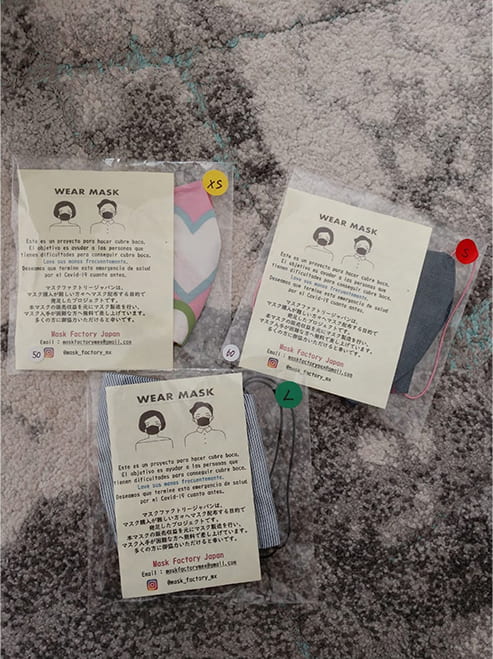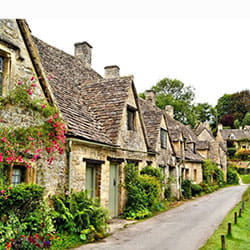In Mexico, as of June 19, the coronavirus crisis was still severe. The virus had claimed 20,394 lives and infected 170,485 people, with the number of infected people continuing to increase every day.
The federal government of Mexico updates its “stoplight” map information (new infection risk information) for the entire country every Friday and announced that 15 states were red and 17 orange. Red indicates the highest risk and means that one person per family is allowed to go to the supermarket and other stores, cafés and restaurants can open for take-out and delivery, schools are closed of course, and, as much as possible, you have to work from home. All parks and squares had been closed until recently, but since the start of June, it seems some places have opened to a limited extent. Areas with play equipment, however, remain closed, so people are going for walks or doing some light exercise. Other than that, shopping centers, gyms, events, movie theaters, and so on are closed. In orange states, restrictions are a little more relaxed; events, bars, amusement parks, and the like are closed, but other than that, it seems places can reopen by restricting the numbers of people to about 25-50% of normal. This stoplight information also includes yellow and green, making four levels. You can move about without any particular restrictions only after your state has turned to green.
Mexico City, where I live, has a particularly high number of infected people. It is mandatory to wear a mask when you go out, at most supermarkets you sanitize with antiseptic gel and you have your temperature taken one by one, and then they disinfect your shopping cart handles for you before you go in. There are no shortages of food or daily necessities, people can buy those, but it is now prohibited to sell alcoholic beverages from Thursday to Sunday, or Friday to Sunday. The reason is apparently to prevent people getting together with friends and the like as much as possible.
I have a five-year-old daughter and her kindergarten has been closed since March 21. It seems closures are in effect everywhere, from nursery schools to universities. Most of the kindergartens in Mexico give homework, so my daughter is getting homework from her kindergarten.

She has to practice her letters and numbers, trace lines and color in, and do addition and subtraction.
She even had to make a cake for homework. She submits homework like that as a photo. As well as homework, there are sometimes online classes when her class teacher does things like reading to the children. Depending on the kindergarten, a lot of them have online classes every day, not just from time to time.
My family goes out for a walk once every few days in the garden at our apartment building and we let our daughter play. It’s quite large, so there are a lot of residents sunbathing or exercising, while keeping a distance from the others. There is play equipment too, but like public parks, using it is prohibited.

Mexico is a car society, but to further restrict people going out, one day is allocated each week when you cannot go out in your car, depending on your car’s license plate number.

You could be fined if you use your car on a day when it’s not permitted.
There are more police on the streets than before. On days off, people tend to converge on places where there are lots of restaurants and cafes for take-out, but police officers on patrol do things like making announcements from their cars to try to get people to avoid going out and to go back home.
You can also have fun virtually accessing art museums and seeing artworks even from your own home. This seems to have been available for several years, but I think that it has attracted attention because of the current restrictions on going out.

This is where a lot of the Museum of Modern Art’s Frida Kahlo paintings are exhibited.
You need to wear a face mask when you go out, but it was difficult to get face masks in Mexico for an extended period. Nowadays they are available at supermarkets all the time and I often see packs of five to eight masks for about 500 yen.
A Japanese person has launched a project called Mask Factory Japan and is making and selling cloth face masks. I too am using these masks.

In my own case, I think I have probably been able to lead life in self-isolation without that much stress.
I have plenty of time because there’s no kindergarten and I don't go out, I can get what I need, and fortunately I can get outside to some extent because there is the garden, which I feel is a big thing.
But we have been living with self-isolation for a long time, three months already, and the future still looks tough, so every day I hope things somehow return to normal. I think the greatest pity is that kindergarten is closed, and it looks as though this school year will end without my daughter being able to have all the experiences she otherwise would have.
I don't think anyone in the whole world imagined something like this, but I believe it will come to an end, I’m taking care now not to get infected by coronavirus and not to infect anyone else, and I'm going to enjoy spending time at home with a forward-looking attitude.






























































